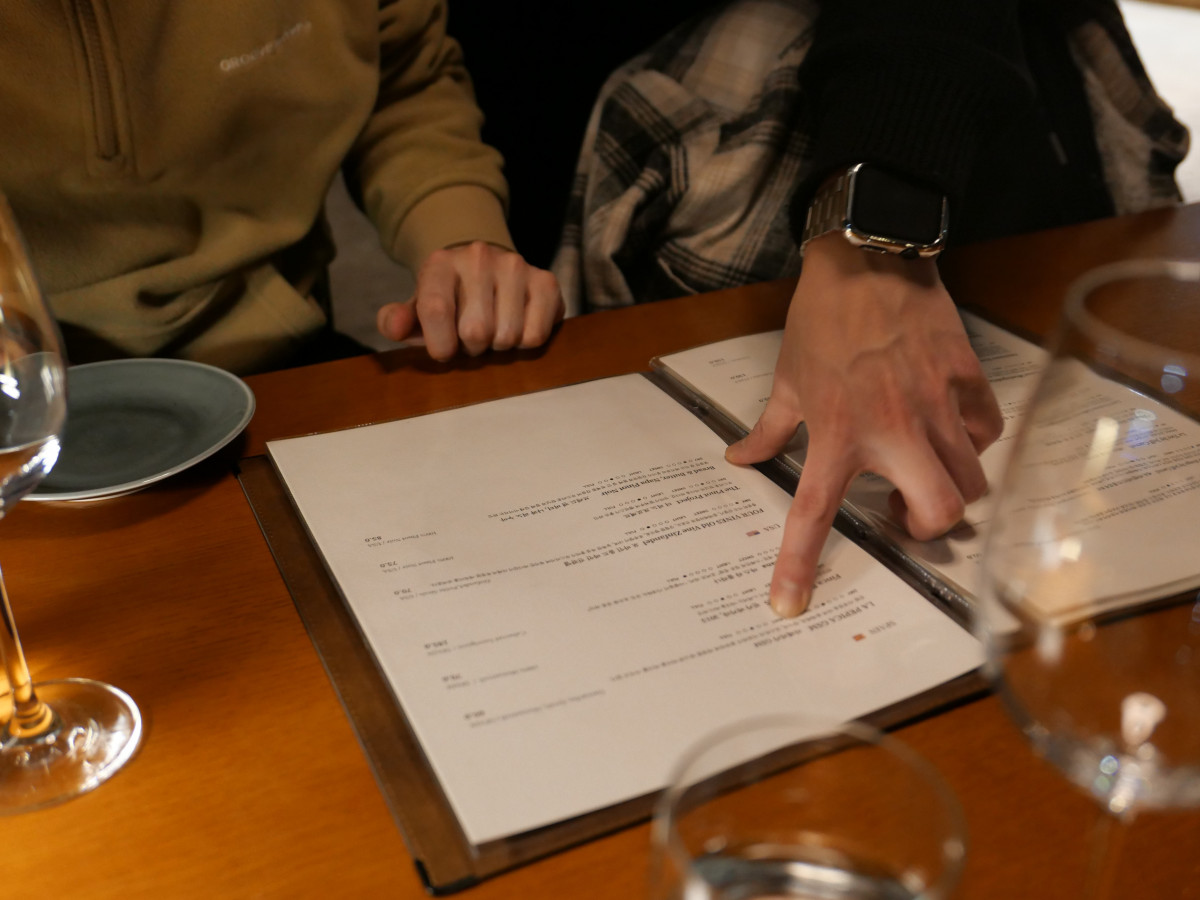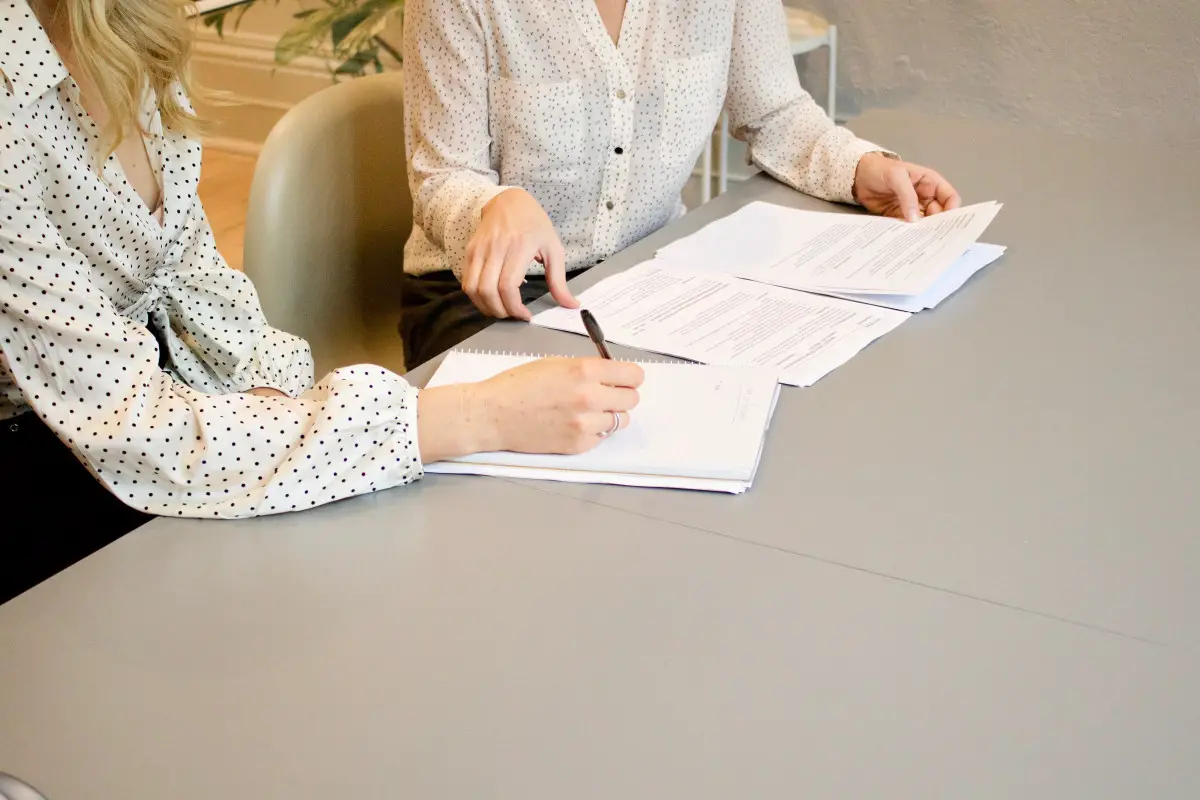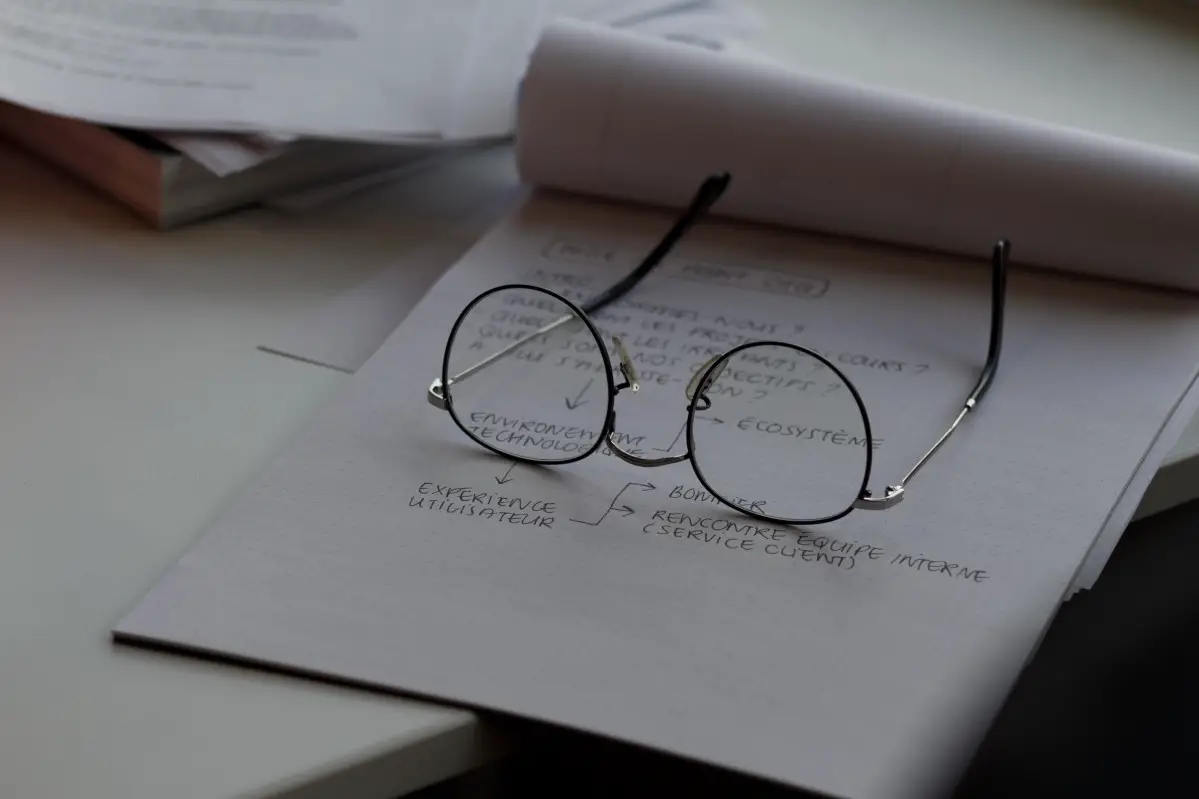Your CV references might be the last thing you think of when writing a CV or resume. You might feel unsure about who to ask for references and whether they should come from past employers, professional contacts, family, or friends.
There is a lot of confusion about how to ask for CV references and whether you should include references on your CV. Here we look at these critical issues, choices, and dilemmas so that you can produce the perfect job application.
What is a reference?
A reference on a CV is the contact details of a current or former employer. Adding references from a previous job gives potential employers the relevant information they will need to contact a former employer, who will provide a character statement that vouches for the hard and soft skills, abilities, and achievements you mention in your cover letter, personal statement, and CV.
Recruiters and employers use your references in a fact-checking exercise that confirms whether what you have said is truthful and if you will live up to the expectations you have set while selling yourself on your CV or in an interview.
An employer may also use your CV references to contact previous employers to learn more about your traits and personality.
A reference on a CV or cover letter is the contact details of a former employer, professional contact or customer, or teacher.
How many references should I include on my CV?

One or two professional references are ideal for almost any CV. However, some professions and industries command more or less.
When the job advert asks job seekers for a reference on a CV, you should include one or two references.
Who should I put down as references?

Former clients, colleagues, and employers are excellent reference sources. Family and friends do not make good references because your prospective employer is looking for an unbiased opinion on your performance, work ethic, and personality.
When creating a reference list, it helps to choose people you can trust and who will be positive about you. If you have little or no work experience, you could ask a teacher or tutor to be a reference.
You can provide references from current or former employers, tutors, colleagues, or former clients.
How should I ask for a reference? / How to add a reference on a CV
Before listing a person as a reference, you should gain their permission. They will know to expect a request and have time to prepare what they might say. If you are in frequent contact with the individual, make your request to write references face-to-face or over the phone. If the person is extremely busy or you haven't spoken for a while, write an email to start a conversation.
The reference's work phone number, extension code, email address, and professional title are crucial information to include. You should not include personal details, such as their home address unless you have the reference's express permission.
Job seekers should ask individuals in person or by telephone to write references. You should include their contact details and job title.
Essential Read: What information must I include in a CV?
Can my employer provide a bad reference?

The law does not prevent an employer from providing a bad reference as long as statements are factual and can be backed up with evidence.
If you have been formerly disciplined, they are within their rights to convey this information. However, an employer cannot make false statements, and you could take legal action if they do.
Job seekers should be aware that current and former employers can provide a bad reference if the comments are truthful.
Do I need to add references to my CV?

In most cases, it isn't customary to add a reference to your CV or cover letters or provide them before the interview stage of the recruitment process.
It is acceptable to briefly describe and state that 'references are available upon request,' and a name, job title, and phone number alone is sufficient if you decide to include them. If you haven't contacted your reference for a while, check if their phone number is still current.
In the eyes of modern recruiters and hiring managers, they do not expect to see reference details on a cover letter, job application, or CV. At the early stages of the application process, you can waste precious space that could better serve you by promoting your skills, qualifications, experience, and traits.
Candidates do not need to add a reference to their CV, cover letter, or professional document at this stage of the job application process. Use the valuable space to market yourself and why you are an ideal candidate.
Should I take references to my job interview?

It is an excellent idea to take your written references or their contact information with you to a job interview, even if the recruiter hasn't requested them. You can demonstrate your organisation and planning skills by doing so.
CV template examples
For further guidance writing your CV and getting a job interview, read our career advice and view our CV templates:
- Accounting CV template
- Agriculture CV template
- Arts CV template
- Automotive CV template
- Banking CV template
- Charity CV template
- Construction CV template
- Customer Services CV template
- Education CV template
- Engineering CV template
- Environmental CV template
- Facilities Management CV template
- Finance CV template
- Healthcare CV template
- Hospitality and Leisure CV template
- Human Resources (HR) CV template
- Information Technology (IT) CV template
- Leadership CV template
- Legal CV template
- Manufacturing CV template
- Marketing CV template
- Media CV template
- Office Administration CV template
- Personal Care CV template
- Professional Services CV template
- Public Sector CV template
- Retail CV template
- Sales CV template
- Science CV template
- Social Care CV template
- Telecommunications CV template
- Transportation and Logistics CV template
